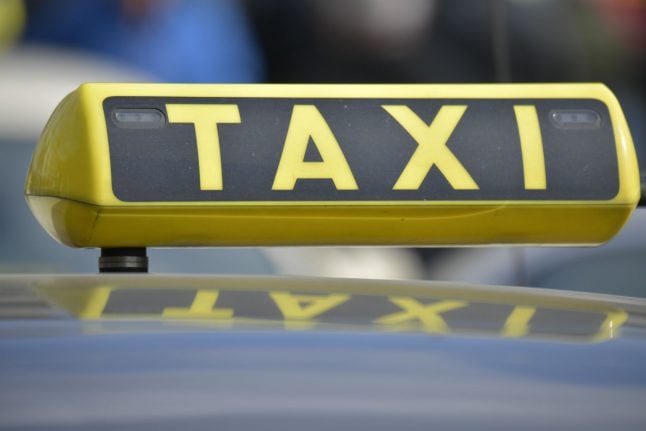French taxi drivers will be breathing a sigh of relief this morning after the country's constitutional court threw out an appeal by US company Uber against a ban on its ride-sharing app UberPop.
In January France banned the low-cost service, which puts customers in touch with private chauffeurs at budget prices, after furious taxi drivers protested around the country.
The San Francisco-based company filed a complaint with the European Union (EU) over the ban and also contested it at France's constitutional council.
However as the ban was hard to police Uber kept operating the service in France, leading to a spate of violent protests in June that saw cars set alight and a number of UberPOP drivers and passengers attacked.
The company finally gave in after its two French bosses were arrested and charged with “misleading commercial practices(and) complicity in the illegal exercise of the taxi profession”, and suspended the application in July.
The constitutional council said the ban was in line with laws against “an organised system that puts clients in touch with people” offering taxi services but which are not part of an official transport company.
Uber, which offers several types of ride-sharing services, claims to have 400,000 UberPOP users in France.
The company has become one of the world's most valuable startups, worth an estimated $50 billion (€44.5 billion), as it has expanded to more than 50 countries.
But its meteoric rise has been accompanied by a wave of protests, bans and legal actions as taxi drivers across the world complain of unfair competition.
Faced with the ban, Uber has launched an upmarket alternative service called Uber X in several European markets which requires professionally licensed drivers.
SEE ALSO: Sympathy for French taxi drivers has run out




 Please whitelist us to continue reading.
Please whitelist us to continue reading.
Member comments